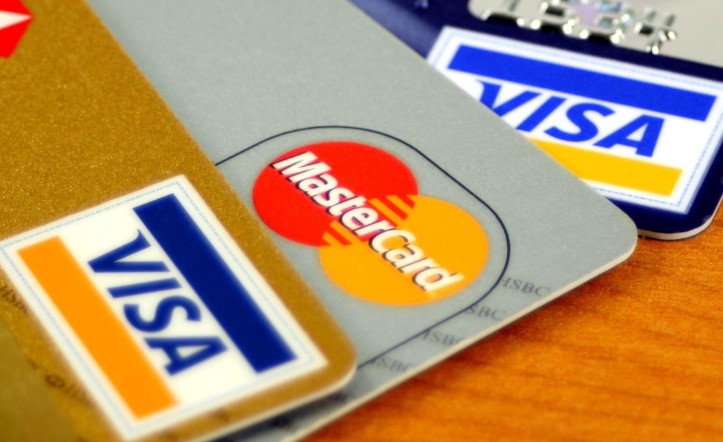
In the intricate tapestry of our global economy, politics, and finance perform a delicate dance that significantly impacts our daily lives. One of the key players in this complex interaction is the ubiquitous credit card like Destiny Mastercard. As we delve into the depths of the political economy of credit, we uncover the fascinating connections between political decisions and the credit industry, exploring how macroeconomic forces shape personal finance.
The Macro View: Politics and Macroeconomic Influences
Political Powerhouses and Economic Waves
At the heart of the political economy of credit lies the influence of macroeconomic factors on personal finance. Governments, with their fiscal policies and economic strategies, play a pivotal role in shaping the credit landscape. Economic downturns or upswings can be orchestrated by the decisions made in the political arena, rippling through the credit industry and impacting individuals on a personal level.
Interest Rates and Government Policies
Interest rates, a key determinant in the credit world, are often subject to the policies set by governments and central banks. The political decisions regarding these rates can either facilitate or hinder credit accessibility, affecting the choices individuals make in managing their finances. As interest rates fluctuate, so too does the affordability of credit, underscoring the intricate connection between politics and personal financial well-being.
Navigating the Credit Maze: The Role of Credit Cards
Credit Cards as Political Instruments
In this complex interplay, credit cards emerge as both tools of personal finance and instruments of political influence. Governments may use credit policies to stimulate or control consumer spending, influencing the economy at large. Credit card regulations, fees, and incentives are often sculpted by political decisions, shaping the financial landscape for millions.
Consumer Power and Political Consequences
On the flip side, the choices individuals make with their credit cards can echo through the political sphere. Mass movements, such as ethical consumerism or divestment campaigns, can harness the economic power wielded by credit card users. In a world where every transaction is a political statement, credit cards become more than just pieces of plastic; they are vehicles for change.
Unraveling the Threads: Exploring the Intricacies
Globalization and the Credit Web
The globalization of finance further complicates the relationship between politics and credit. International agreements, trade policies, and geopolitical events can send shockwaves through the credit industry, affecting interest rates, credit availability, and the overall economic climate. Understanding the global context is crucial in unraveling the intricacies of the political economy of credit.
Technological Advances and Financial Politics
The digital revolution has ushered in a new era of financial transactions, challenging traditional notions of credit and politics. Cryptocurrencies, fintech innovations, and the rise of decentralized finance (DeFi) introduce new dynamics into the credit landscape. How governments navigate these technological advances will undoubtedly shape the future of the political economy of credit.
READ ALSO: Comprehending The Impact Of Bidenomics On The US Economy
Conclusion: Navigating the Nexus
As we traverse the landscape of the political economy of credit, it becomes evident that every swipe of a credit card carries more significance than meets the eye. Political decisions mold the financial world we live in, and credit cards are both pawns and players in this intricate game. To understand personal finance is to understand the political forces that shape it – a nexus that demands our attention and scrutiny.

